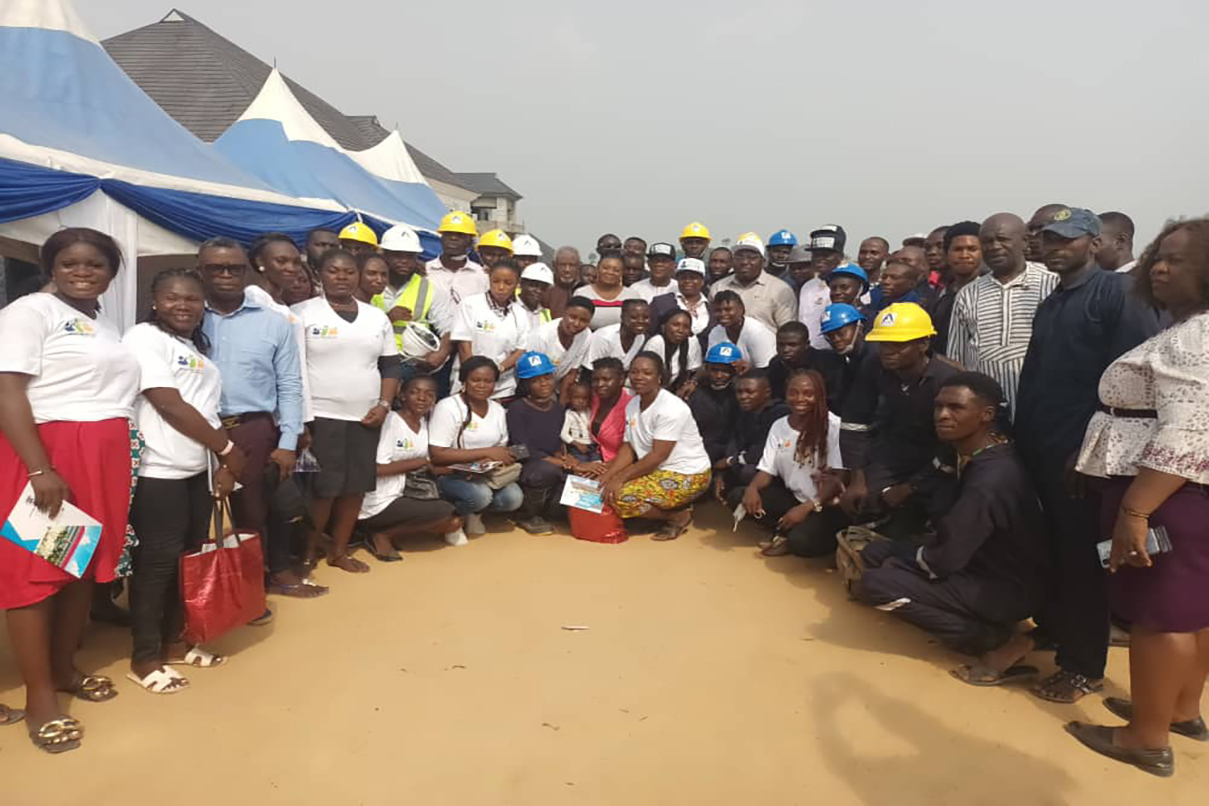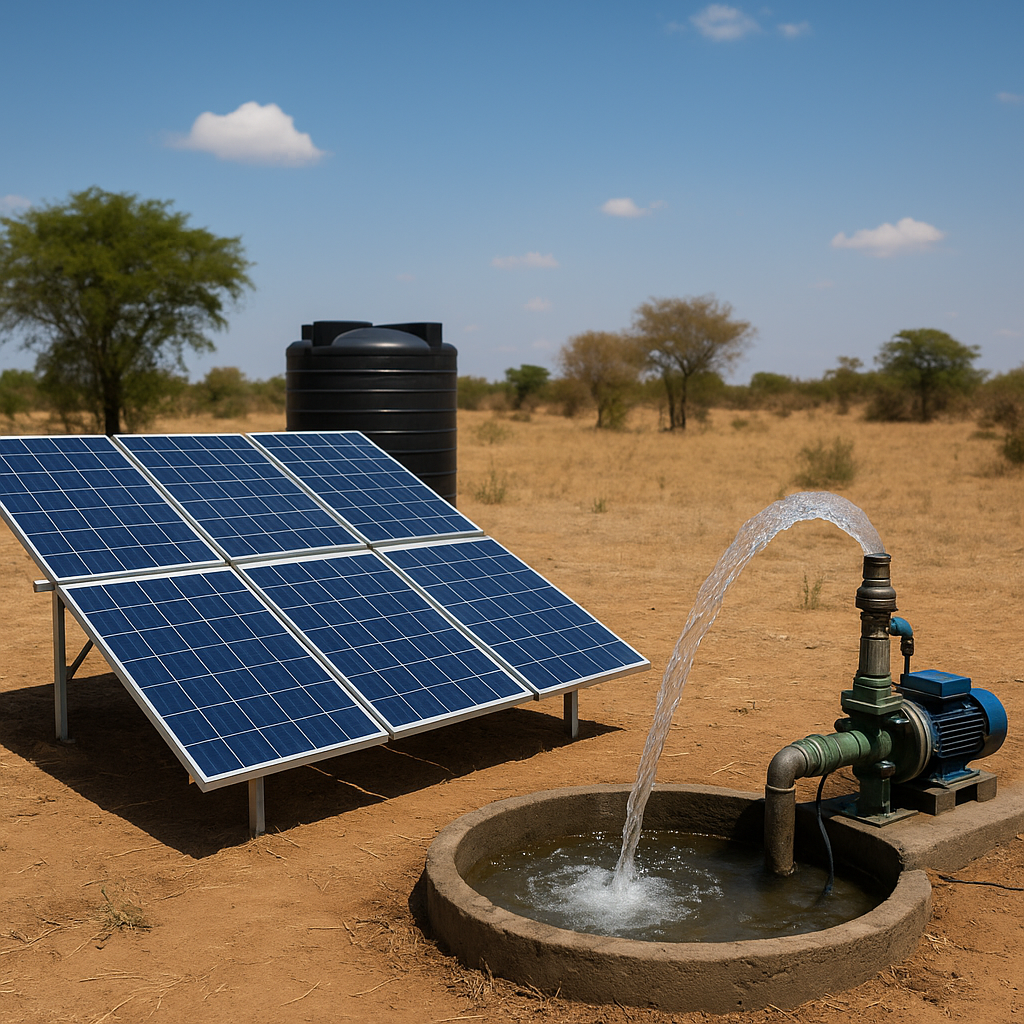Yenagoa, a rural area in Nigeria, has long faced significant challenges in accessing quality technical education.
Infrastructural deficits ranging from inadequate learning facilities to unreliable electricity combined with a shortage of qualified instructors, have severely limited the scope and quality of technical training available to the youth.
This educational gap has directly impacted the community’s socio-economic development. Without access to hands-on skills and vocational training, many young people in Yenagoa have struggled to secure skilled employment, build entrepreneurial ventures, or participate in modern industry sectors. The result is a cycle of underemployment, economic dependency, and unrealized potential.
Addressing this gap is not just an educational imperative, it is a strategic step toward empowering the next generation, fostering local innovation, and building a resilient rural economy.




